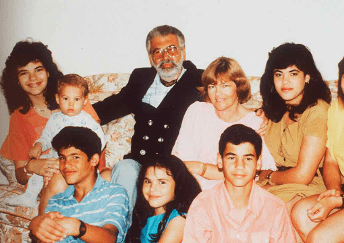How Cults Manipulate a Person’s Thinking and Behavior
Many people who have been subjected to psychological manipulation and control selectively deny aspects of their experience. Some become angry and resistant at the mention of mind control, thought reform, or brainwashing, thinking these things could not possibly have been done to them. It is very threatening to a person’s sense of self to contemplate having been controlled or taken over. The terms themselves sound harsh and unreal. Yet only by confronting the reality of psychological manipulation can someone who has had such an experience overcome its effects.
Deceptive psychological and social manipulation are part and parcel of the totalist experience. Over the years various labels have been used to describe this systematic process. Psychiatrist Robert Jay Lifton first used the term thought reform in the 1950s to describe the behavioral change processes he observed and studied at the revolutionary universities in Communist China and in prisoners of war during the Korean War. Lifton outlined the psychological techniques used to impose what he calls a state of Aideological totalism the process of the coming together of the individual self and certain ideas, or the melding of the individual with a particular set of beliefs. Through his research, Lifton came to the conclusion that within each person there is the potential for a all-or-nothing emotional alignment. The process of combining this human tendency with an all-or-nothing ideology (usually about one’s relationship to the world and sometimes to the spiritual realm) results in totalism. It’s a rather surefire formula: immoderate individual character traits plus an immoderate ideology equals totalism a world of extremes. And, says Lifton, Awhere totalism exists, a religion, a political movement, or even a scientific organization becomes little more than an exclusive cult.
Lifton identified eight psychological themes , now widely used as the criteria for evaluating whether or not a particular group uses thought reform. The more these themes are present, the more restrictive the group or system and the more effective the thought-reform program. Each theme requires central control and sets off a predictable cycle:
- The theme sets the stage.
- The rationale for the theme is based on an absolute belief or philosophy.
- Because of the extreme belief system, a person within this setting has a conflicting and polarized reaction, and is forced to make a choice.
- Enveloped in such a totalistic environment, most individuals will make totalistic choices.
The outcome of this psychological interplay is thought reform – that is, the person is changed.





